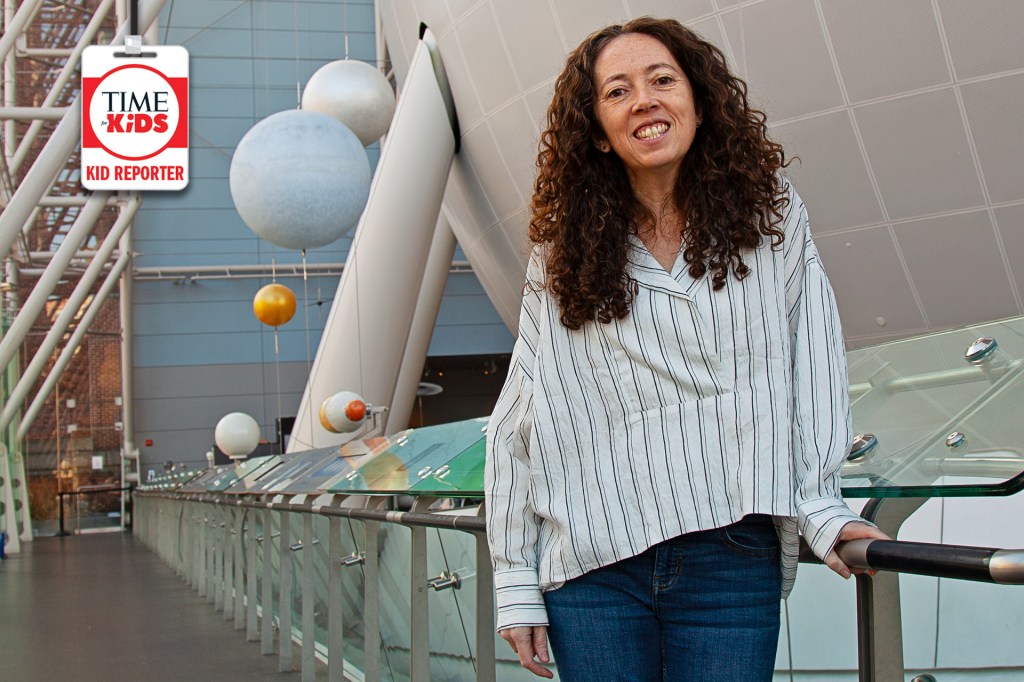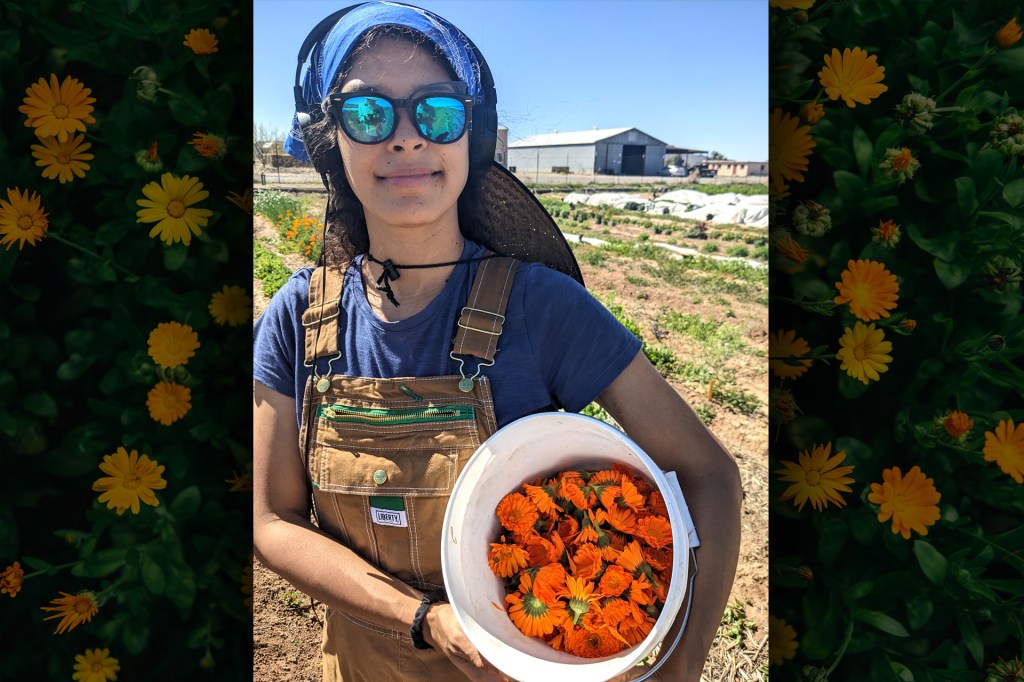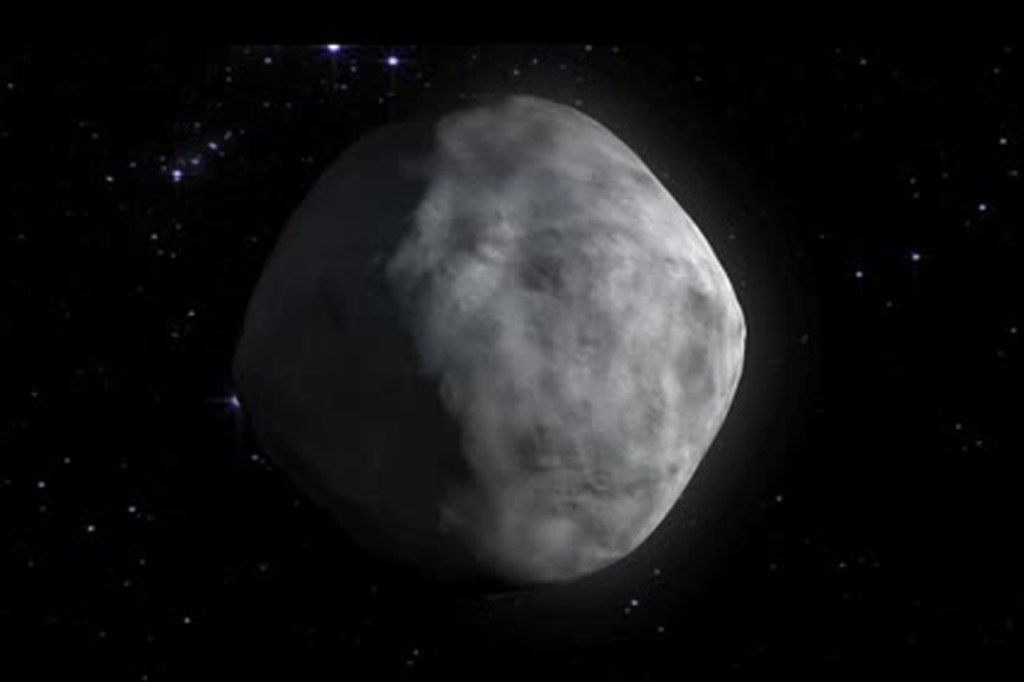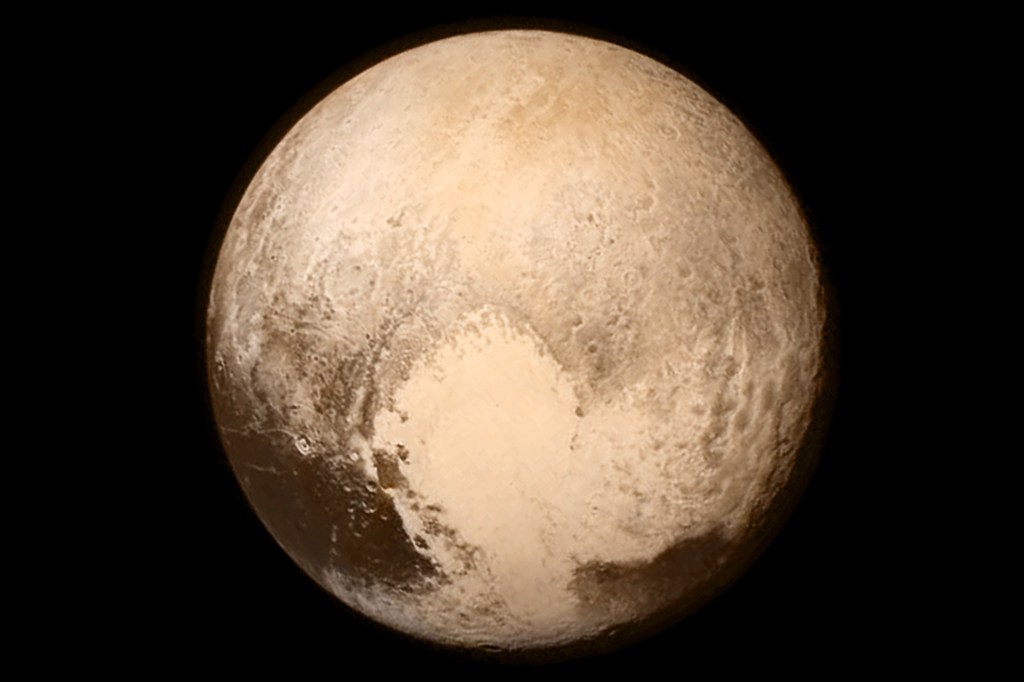
Astronaut Andrew Morgan took a 272-day trip to the International Space Station (ISS). He conducted seven spacewalks and orbited the Earth 4,352 times before returning on April 17. Morgan talked with TFK Kid Reporters Henry Carroll, Priscilla L. Ho, and Mira McInnes about living in space and coming home to a pandemic.
1. Priscilla: “After landing in Kazakhstan, how did you get back to the United States, with all the COVID-19–related travel restrictions?”
After our capsule landed, we took a helicopter to an airport, then a plane to Canada. Within 24 hours of the landing, I was in Houston, Texas. Now I’m in a quarantine facility at Johnson Space Center. They’re running tests to make sure my immune system is healthy enough for me to go home to my family.
2. Henry: “Did you follow the news from space?” I sure did. My two crewmates and I watched streaming news and taped news reports. We knew the Earth would change while we were away, but this was a little more dramatic than we expected.
3. Mira: “How did you cope with not seeing family members and friends while you were in space?”
We made phone calls or did video chats. I spoke to my wife and kids almost every day. Being apart from them was hard. But I’m also a military officer, and I was deployed
deploy
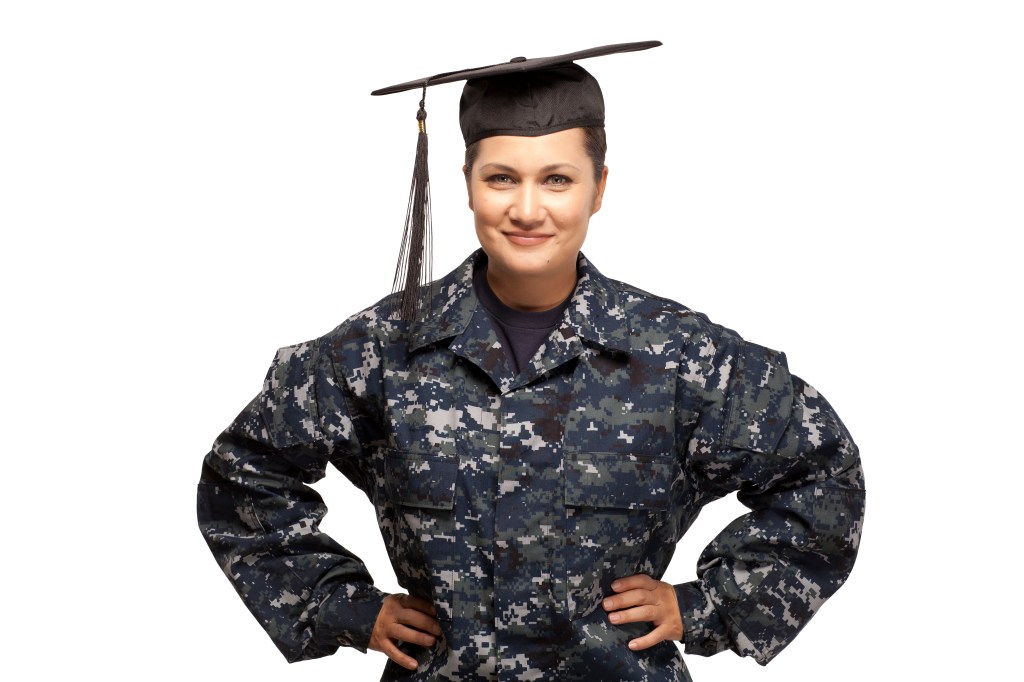 VIDEODET/GETTY IMAGES
to send a member of the military where he or she is needed
(verb)
Soon after graduating from the military academy, Mariah was deployed.
overseas and had been separated from my
family before. So it wasn’t new to me.
VIDEODET/GETTY IMAGES
to send a member of the military where he or she is needed
(verb)
Soon after graduating from the military academy, Mariah was deployed.
overseas and had been separated from my
family before. So it wasn’t new to me.
4. Priscilla: “What did you and the crew talk about?”
We had operations going on at the ISS, capturing visiting vehicles and unloading cargo, doing spacewalks and science experiments. There was a lot to talk about.
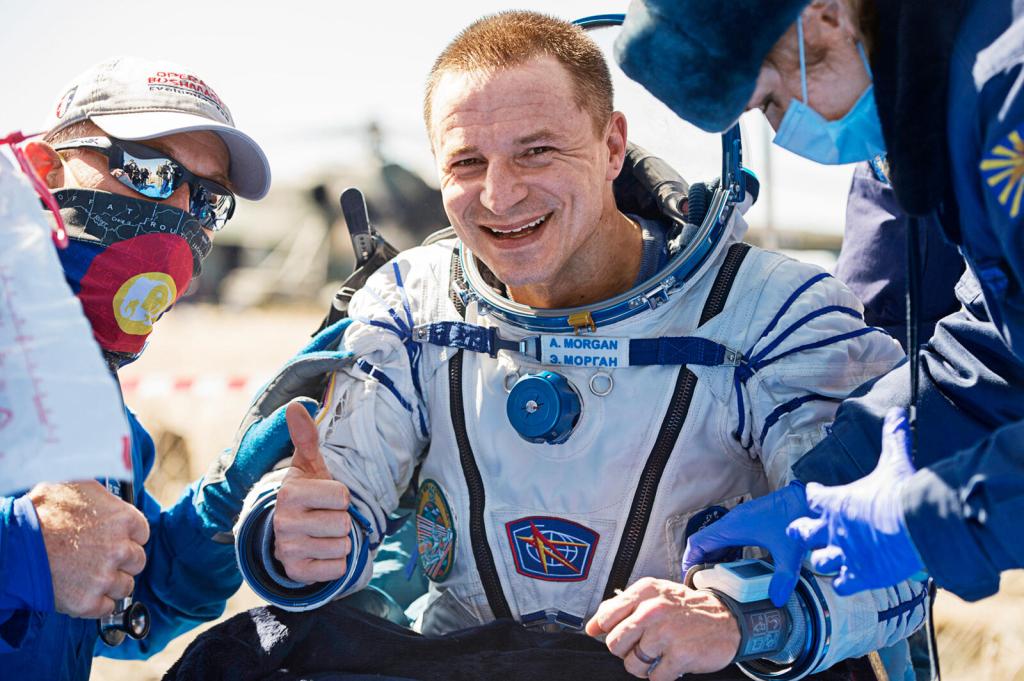
THUMBS-UP On April 17, Morgan greets photographers after landing in Kazakhstan.
ANDREY SHELEPIN—GCTC/NASA5. Henry: “What’s the most interesting thing you observed while in space?”
It was looking back at the Earth. There are windows on the ISS that are pointed toward Earth so that we can make observations and take pictures. We can also see phenomena
phenomenon
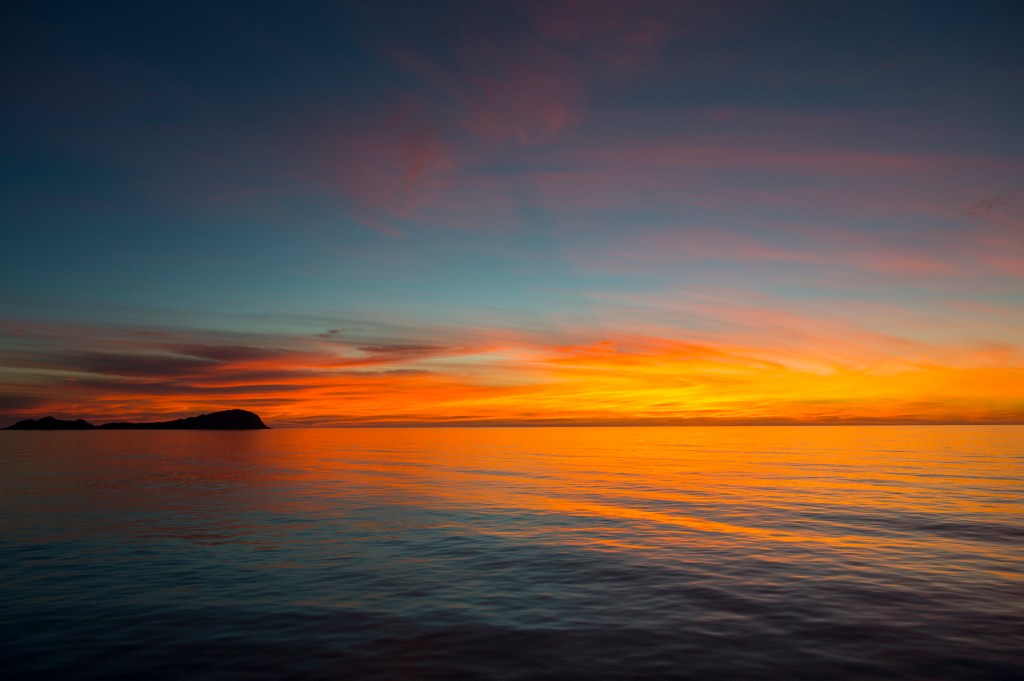 WOLFGANG KAEHLER/LIGHTROCKET—GETTY IMAGES
an observable fact or event
(noun)
Sunset is a beautiful phenomenon that happens every day.
around the Earth—the aurora borealis and aurora australis. We can see the moon and the stars.
WOLFGANG KAEHLER/LIGHTROCKET—GETTY IMAGES
an observable fact or event
(noun)
Sunset is a beautiful phenomenon that happens every day.
around the Earth—the aurora borealis and aurora australis. We can see the moon and the stars.
6. Henry: “Any surprises upon returning to Earth?”
Even though Earth is facing a global crisis, it still feels the same. It was beautiful from above, and it’s beautiful, still, on the ground. It is still worth returning to.
7. Mira: “After 272 days in space, how would you advise kids who find social distancing hard?”
It’s hard to imagine that life will ever be normal again. But as a nation, as a planet, we have endured tough times before. I assure you, we’ll get to the other side of this, and life will feel normal again.
8. Priscilla: “What final message do you have for kids?”
When we looked down from the ISS, we saw an Earth without borders. There are big problems that affect us all equally, in spite of borders, and COVID-19 is just one of them. And just as we do on the ISS, we can work together as nations to solve those problems.






